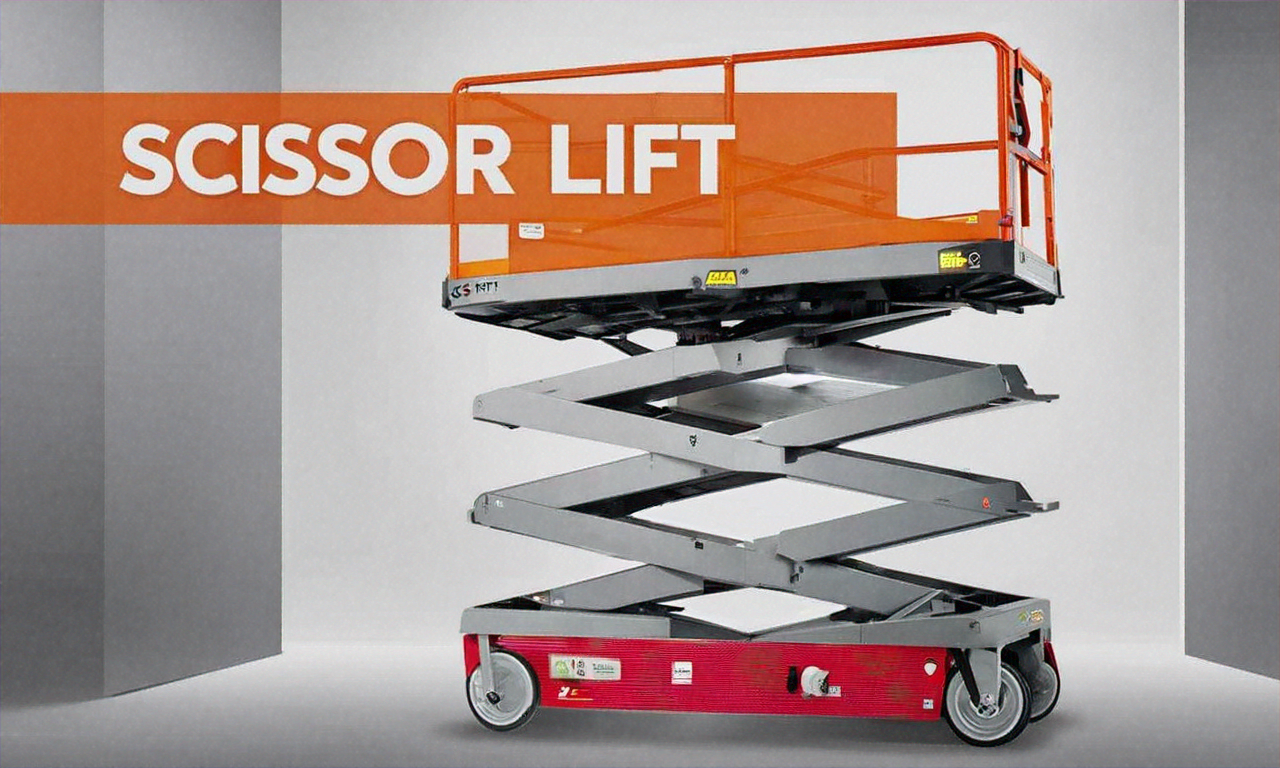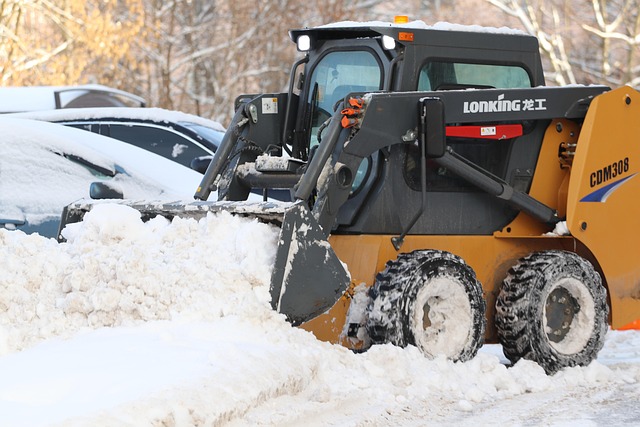Explore mini excavators for small construction projects
Mini excavators have revolutionized small-scale construction work by offering the power and versatility of larger machines in a compact, maneuverable package. These versatile pieces of equipment are essential for residential projects, landscaping tasks, and tight-space construction where full-sized excavators would be impractical or impossible to use effectively.

Small construction projects often require specialized equipment that can navigate tight spaces while delivering reliable performance. Mini excavators have become indispensable tools for contractors, landscapers, and property owners who need to accomplish significant earthmoving tasks without the bulk and expense of full-sized machinery. These compact machines typically weigh between 1 and 10 tons and offer remarkable versatility for projects ranging from foundation work to utility installations.
Understanding the Role of Mini Excavators in Construction
Mini excavators serve multiple critical functions in modern construction projects. Their primary role involves excavation work such as digging trenches, creating foundations, and removing soil or debris. Unlike their larger counterparts, these machines can access confined areas like backyards, narrow alleyways, and indoor spaces through standard doorways. The hydraulic systems in mini excavators provide precise control for delicate operations while maintaining enough power for substantial digging tasks. Their tracked or wheeled designs minimize ground damage, making them ideal for working on finished landscapes or sensitive surfaces. Additionally, mini excavators can accommodate various attachments, transforming them into multi-purpose tools capable of drilling, breaking, lifting, and grading operations.
Different Types of Mini Excavators and Their Uses
The mini excavator market offers several distinct categories designed for specific applications. Micro excavators, weighing under 2 tons, excel in extremely tight spaces and indoor demolition work. Compact excavators in the 2-6 ton range represent the most popular category, providing balanced power and maneuverability for residential construction and landscaping projects. Mid-range mini excavators, weighing 6-10 tons, offer increased digging depth and lifting capacity for more demanding commercial applications. Wheeled mini excavators provide superior mobility on paved surfaces and can travel between job sites more efficiently than tracked models. Zero tail swing excavators feature rotating upper frames that stay within the machine’s track width, making them perfect for working against walls or in extremely confined spaces. Specialized variants include long-reach models for deeper excavation and narrow-width machines designed for specific industrial applications.
Factors to Consider When Choosing a Mini Excavator
Selecting the appropriate mini excavator requires careful evaluation of several key factors. Operating weight directly impacts the machine’s digging force, stability, and transport requirements, with heavier models offering more power but requiring stronger trailers and potentially special permits. Digging depth and reach specifications must align with project requirements, as these determine the machine’s capability for foundation work and utility installations. Engine power and hydraulic flow rates affect operational efficiency and the range of compatible attachments. Track or wheel configuration should match the terrain and surface conditions where the machine will operate. Cab design influences operator comfort and visibility, which directly impacts productivity and safety. Attachment compatibility and quick-connect systems determine the machine’s versatility for different tasks. Additionally, consider fuel efficiency, maintenance requirements, and local dealer support when making your selection.
| Mini Excavator Model | Manufacturer | Operating Weight | Digging Depth | Cost Estimation |
|---|---|---|---|---|
| Bobcat E35 | Bobcat | 8,157 lbs | 11 ft 2 in | $45,000-$55,000 |
| Kubota KX040-4 | Kubota | 8,820 lbs | 11 ft 10 in | $48,000-$58,000 |
| Cat 305E2 CR | Caterpillar | 11,464 lbs | 12 ft 2 in | $52,000-$65,000 |
| John Deere 35G | John Deere | 7,937 lbs | 11 ft 1 in | $46,000-$56,000 |
| Takeuchi TB240 | Takeuchi | 8,047 lbs | 10 ft 6 in | $44,000-$54,000 |
Prices, rates, or cost estimates mentioned in this article are based on the latest available information but may change over time. Independent research is advised before making financial decisions.
Rental Versus Purchase Considerations
The decision between renting and purchasing a mini excavator depends on project frequency, duration, and budget constraints. Rental rates typically range from $300 to $600 per day for most mini excavators, with weekly rates offering better value for extended projects. Monthly rentals can cost between $2,000 and $4,000, making them economical for projects lasting several weeks. Purchase makes financial sense for contractors with consistent workloads or multiple ongoing projects. Financing options, including leases and loans, can help spread the cost of ownership while providing tax advantages. Consider maintenance costs, storage requirements, and depreciation when evaluating purchase options. Rental provides access to newer models with latest technology and eliminates maintenance responsibilities, while ownership offers unlimited availability and potential income generation through subrenting.
Maintenance and Safety Best Practices
Proper maintenance ensures mini excavator longevity and safe operation. Daily inspections should include checking hydraulic fluid levels, track tension, and attachment security. Regular maintenance intervals typically occur every 50, 250, and 500 operating hours, covering filter changes, fluid replacements, and component inspections. Operator training remains crucial for safe operation, covering proper startup procedures, load handling techniques, and emergency shutdown protocols. Understanding soil conditions and underground utilities prevents accidents and equipment damage. Proper transportation procedures, including securing the machine and understanding weight restrictions, ensure safe movement between job sites. Following manufacturer guidelines for operating limits and attachment usage prevents premature wear and maintains warranty coverage.
Mini excavators represent essential tools for modern small-scale construction projects, offering unmatched versatility and efficiency in compact packages. Their ability to access tight spaces while maintaining substantial digging power makes them invaluable for residential construction, landscaping, and utility work. Understanding the different types available, key selection factors, and cost considerations helps ensure you choose the right machine for your specific needs. Whether renting for occasional use or purchasing for regular operations, mini excavators provide the capability to tackle challenging projects that would otherwise require manual labor or larger, less practical equipment.




